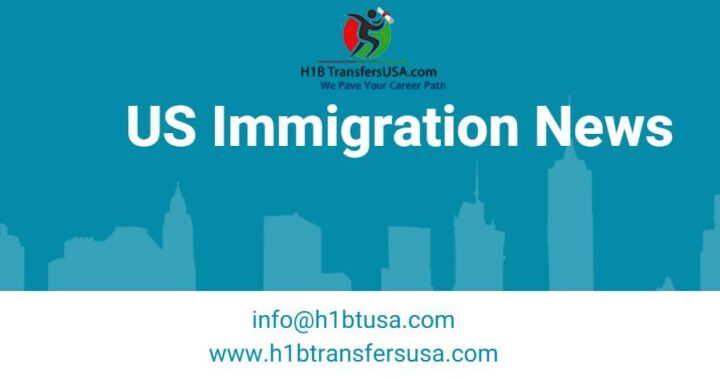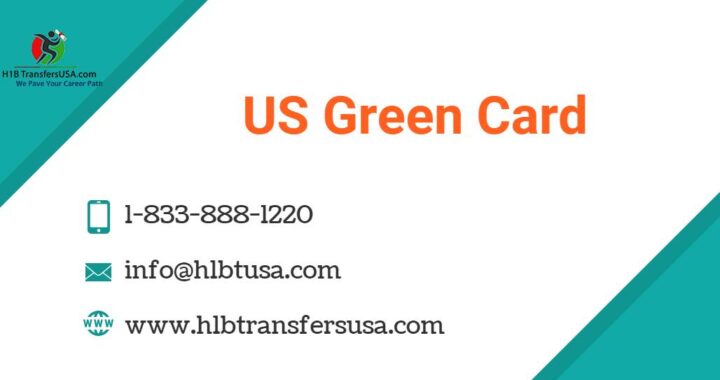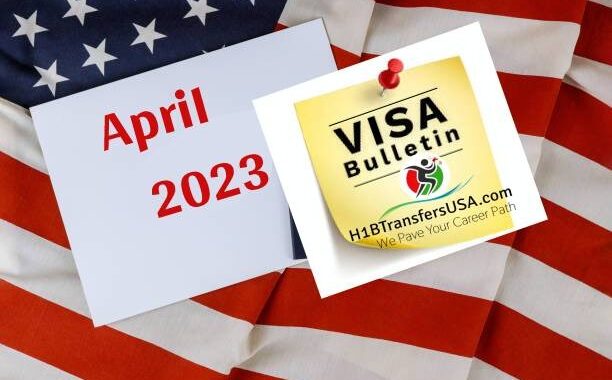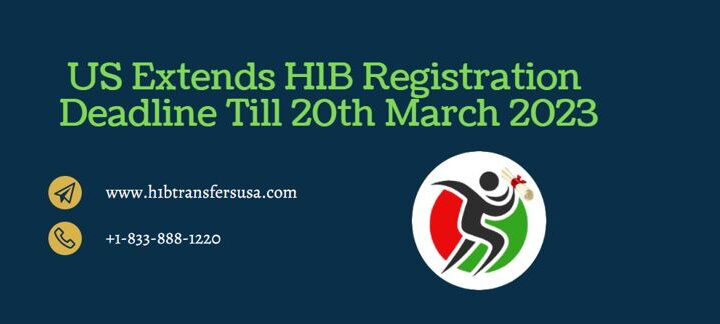The US will continue with its 2020 student immigration policies. Here’s what that means for you
4 min read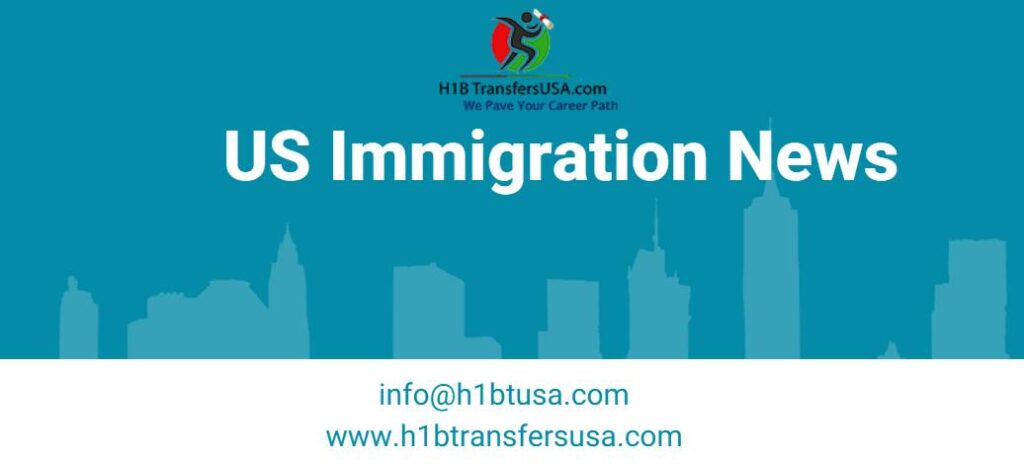
Last year, Covid-19 had required significant adjustments in the US policies governing international student status and visas in the USA. With regards to the largely unchanged domestic infection guidelines. The government has declared on 26th April 2021, that it will convey forward its March 2020 student immigration policies into the 2021-2022 academic year applicable to F-1 and M status students.
General Guidance for Student Immigration Policies
The government will accept electronic or digital travel signatures on the immigration forms gave by schools (Form I-20). The signatures will be valid for the same duration as an ink signature (12 months for F students and half year for M students).
Guidance for Continuing Students
- The March 2020 guidance, which currently continues into 2021-2022, applies to students who were effectively enrolled at a U.S. school on March 9, 2020, and are in any case agreeing with the conditions of their nonimmigrant status, whether from inside the United States or abroad.
- This guidance enables schools and students to take part in distance learning in excess of administrative limits. Because of the proceeding with continuing public health concerns created by COVID-19. Generally, a limited number of classes might be taken online, the rest should be taken in person.
- The students who are already engaged in the active study will be allowed to count online classes toward a full course of study. This remains true even if a student is taking classes online from outside the USA.
- Students effectively enrolled at a U.S. school on March 9, 2020, who subsequently took courses online. While outside of the nation can, subject to COVID medical restrictions, re-enter the United States. Even if their school is engaged solely in distance learning.
- Students who are already in the USA, may remain and continue to engage in a fully online program of study. If they have not otherwise violated the terms of their student status.
- Also, if students in the USA are needed to leave campus, they can continue to study online. If possible, either inside or outside of the United States.
- Continuing with students are eligible to get a visa at the consulate as and when nearby conditions permit.
Student Immigration Policies | Employment for Students
The on-campus employment can continue remotely if it is possible to do so.
- OPT, STEM OPT: Students presently participating in OPT, including STEM OPT, may work distantly if their employer has an office outside of the United States or the employer can manage and assess student engagement utilizing electronic means. Students participating in STEM OPT don’t have to submit an updated Form I-983 to report remote work. However, requirements to submit an updated Form I-983 for different changes remain in effect.
- DSOs (and presumably students) don’t have to update the employer address information in SEVIS or on Form I-983 for students working remotely.
- The US government is still working out whether a student may apply for OPT from outside the USA.
- The government is evaluating whether to implement a particular exclusion for exceeding the regulatory limits for unemployment of 90 days for OPT and 150 days for STEM OPT.
- Students on OPT are allowed to work less than 20 hours every week for the duration of the COVID-19 crisis.
- CPT: Students may participate in CPT during their time abroad, gave:
- They are enrolled in a program of study in which CPT is integral to the program of study;
[O-1 Visa Option For Self-Employed Entrepreneurs]
- Their DSO approved CPT in advance of the CPT start date; and
- Either the employer has an office outside the United States or the employer can assess student engagement and fulfillment of learning objectives electronically.
- An F student’s eligibility for practical training remains UNAFFECTED. Whether they are inside or outside of the United States during the COVID-19 crisis as long as they are in Active status in SEVIS.
- Volunteering: F and M students who work without wages, taxable compensation, or other remuneration are viewed as volunteers and are NOT needed to get an employment authorization document.
Guidance for new students
- New or Initial F and M students who were not previously enrolled in a program of study on 9th March 2020, won’t enter the United States as a nonimmigrant student for the 2021-22 academic year if their course of study is 100% online.
- A new student should be allowed to enter the United States. If they are involved in a hybrid program, with some requirements for in-person learning.
While giving this guidance, the US authorities have noticed that because of the unusual pandemic situation. This guidance may have to be changed depending on the situation.

